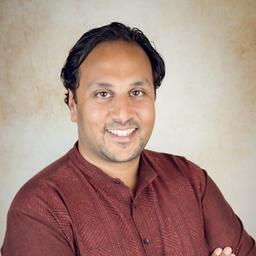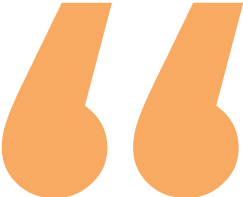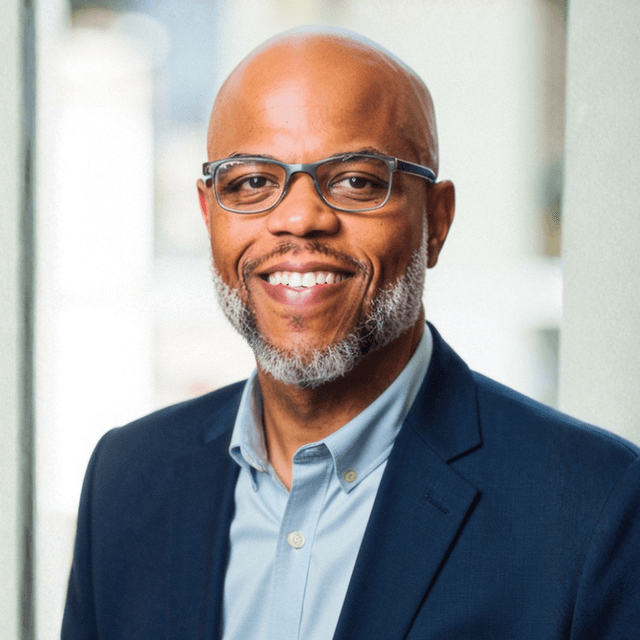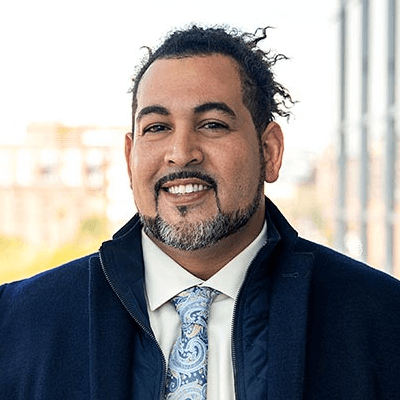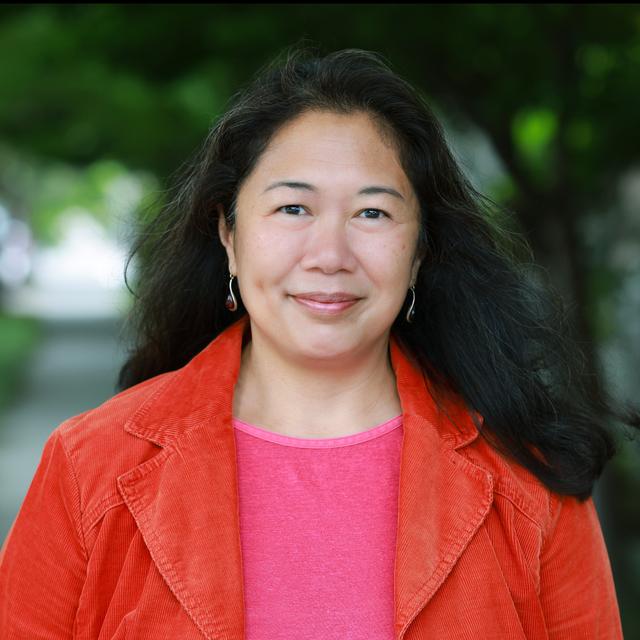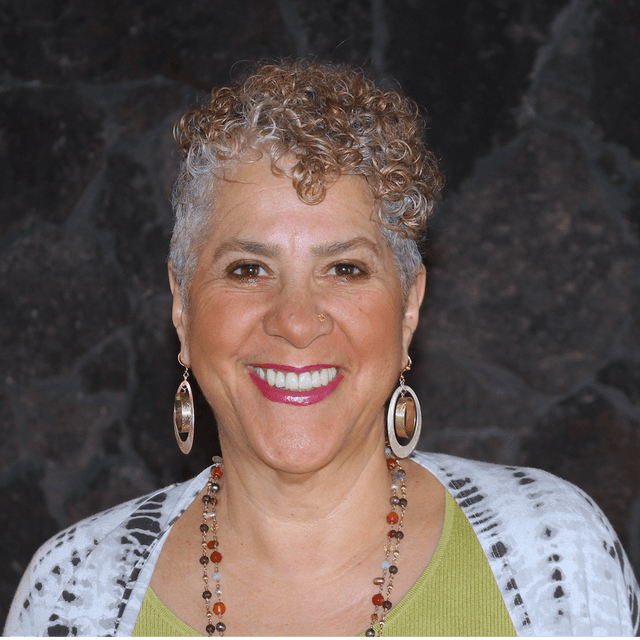Dr. Amer F. Ahmed is an organizational strategist who helps institutions and leaders address diversity and inclusion, equity, race, and intercultural development through consulting, coaching, group facilitation, and keynote speeches. A frequently requested speaker nationwide, Dr. Ahmed’s approach is grounded in a commitment to inclusive community and excellence. He brings his identity as the son of Indian Muslim immigrants and extensive years as an intercultural and diversity consultant as the sources of a pivotal understanding of the depth of equity and inclusion work. Throughout his career, Dr. Ahmed has worked with large organizations, higher education institutions, non-profit agencies, schools, and community groups to create understanding and change among key constituents and institutional leaders.
His thought leadership and keen sense of the latest trends informs his approaches to helping groups address potential areas of opportunity to grow and develop. Dr. Ahmed incorporates deep theoretical knowledge of the field combined with a variety of methods including storytelling, discourse on current events and connections to art and music in order to move audiences to profound awareness of issues and next steps. He has published key opinion pieces and has been featured in media such as MSNBC, documentary film, and other national press outlets for his commentary and critical perspective on news and significant topics in society.
Dr. Ahmed is the Founder and CEO of AFA Diversity Consulting, LLC, a consulting practice dedicated to enhancing the development of organizations through efforts around leadership, professional development, assessment, and strategic change. In addition to his consulting work, Dr. Ahmed serves as Faculty at the Summer and Winter Institutes for Intercultural Communication.
Dr. Ahmed draws from his diverse experiences across a range of higher educational and organizational settings to offer lectures, workshops, trainings, consultation, and facilitation.
Intercultural Leadership Development
Among the array of perspectives on Leadership, most tend to focus on positional and individual achievement. These approaches to leadership typically reinforce the message that individuals should operate according to dominant cultural norms in order to succeed. What happens when we begin to conceive of leadership in a fundamentally different way that accounts for the need for intercultural skills? This workshop will engage participants in cultivating intercultural skills as necessary for effective leadership in the 21st Century. In this process, the goal will be to cultivate leadership that emphasizes community development, inclusion and equity rather than
individual achievement.
Identity and Inequity: Engaging the Complexity to Address the Challenges of 21st Century Intercultural Leadership
Navigating the complexity of similarities and differences is no easy task. It involves an understanding of one’s own identity in relationships to others. One of the greatest challenges in this involves understanding how inequity impacts our identity and experiences. What are the core skills needed to navigate our complex identities while also addressing the challenges in the inequity that remains in our world today? How do we navigate culture and history while challenging prejudice and stereotypes? This session will engage participants on the core skills that are needed to address these challenges in order to become effective 21st Century Intercultural Leaders.
Faculty Development Workshop on Inclusive Pedagogy: Classroom Teaching Strategies
As educational institutions continue to cultivate strategies to create diverse and inclusive climates; there has been increased focus on student experiences in the classroom. This workshop will be an opportunity for faculty to engage the core intercultural skills that strengthen their ability to facilitate learning in diverse classrooms. In addition, faculty will consider what assumptions often exist in classroom settings and how to engage in pedagogy that can create a more equitable and student-centered learning environment. Finally, faculty will explore how to facilitate difficult conversations and other methods that support dynamic and inclusive learning environments for students.
Addressing Islamophobia: Proactive Efforts to Address Hate and Bias on Campus
The post-9/11 era in the U.S. has exposed a significant degree of prejudice and bigotry towards Muslim people. More recently, the aftermath of the 2016 Presidential election has exacerbated the broad vilification of Muslims to serve political agendas. In 2012, a violent hate-motivated attack on a Sikh temple in Wisconsin highlighted the fact that Islamophobia is not just an issue that only impacts Muslims in America. Meanwhile, underscored by the horrific murders of three UNC students, there continues to be widespread racial profiling, hate crimes and bullying throughout the country and on our campuses. In light of this reality, questions remain regarding what administrators and faculty on campuses can do to proactively address these issues. This presentation will educate and update participants on the current realities related to Islamophobia and will challenge participants to develop practical steps that can be made on their respective campuses to address the issue.
Hip Hop Pedagogy
As commitment to quality education continues to lag in urban environments; educators continue to seek alternative methods to reach students who often come to classrooms with significant challenges. Hip Hop continues to be a powerful cultural force in the lives of urban youth and presenting opportunities to utilize unique pedagogies and methodologies to reach students. In addition, Hip Hop also presents opportunities in Higher Education to create diverse spaces that strengthen the overall educational development of students who often struggle to find comfortable cultural spaces on campus. This session will introduce participants to the fast-growing world of Hip Hop Education.
Other Presentations and Workshops Include (descriptions provided upon request):
Strategic Diversity Consultation, Planning and Implementation
Workshop on Allyhood and Campus Hate/Bias Bystander Intervention
Diversifying Study Abroad Programs
Adapting to Change: Proactive Embedding of Diversity Strategies in the Trump Era
Yoga, Henna and Sweatshops: Cultural Appropriation, Exploitation and the Commodification of South Asian Culture
Islam: Beyond the Myths, Breaking down the Barriers
Engaging Challenging Dynamics in the Classroom
Building Multicultural Student Coalitions
Islam and Hip Hop
Utilizing Intercultural and Social Justice Frames to Build Inclusive Student Affairs Practices
Diasporic Dialogues: Creating Opportunities for Understanding between International Students and U.S. Students of Color of Shared Ancestry on Campus
Dismantling the Dichotomies: A Post-Orlando Discussion on Islamophobia, Homophobia, Anti-Blackness, and Anti-Immigration
Asian-American Identity in the Age of Jeremy Lin
From the Griot to Hip Hop: The Oral Tradition as Pedagogy in Islamic Black America
